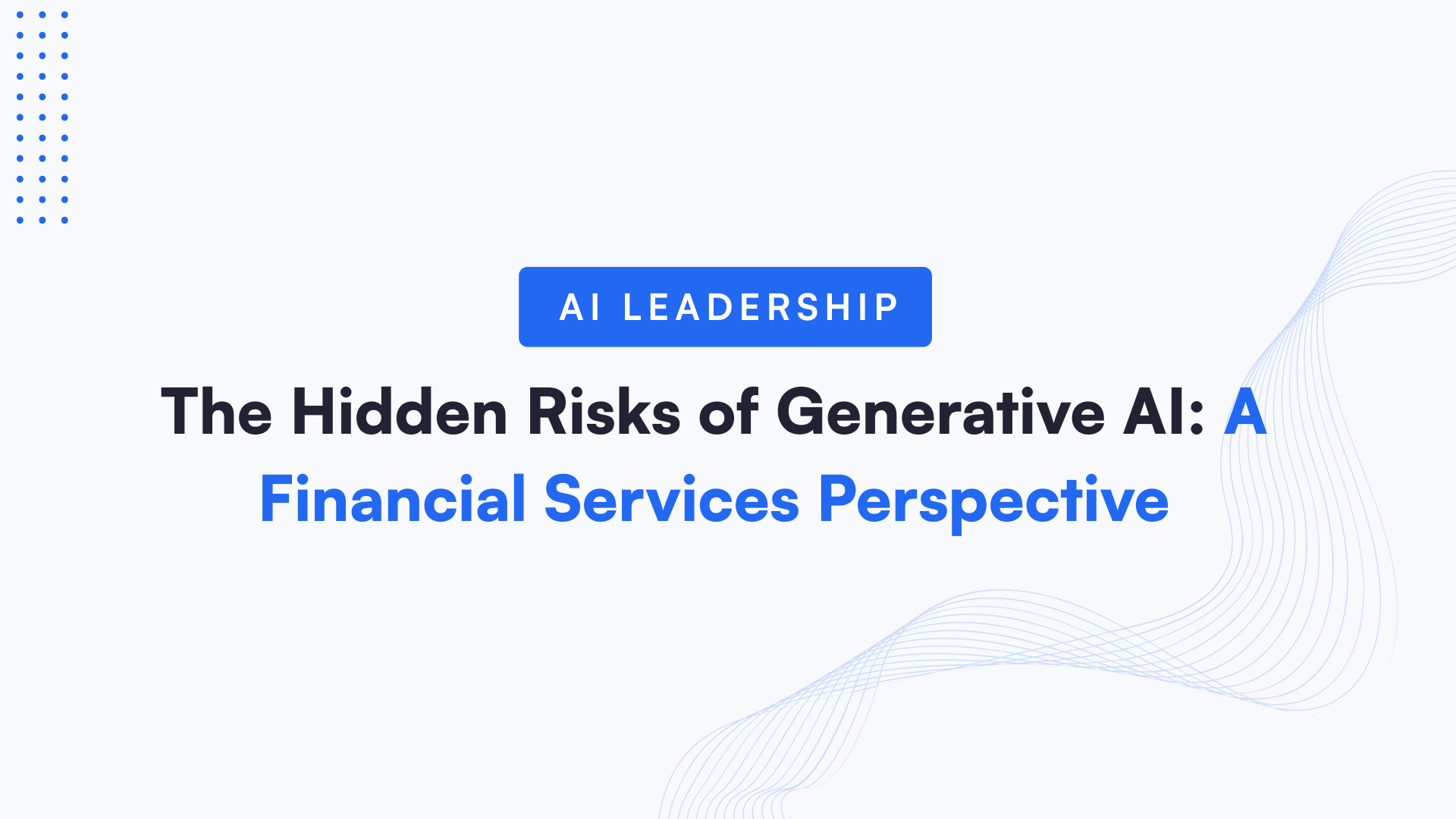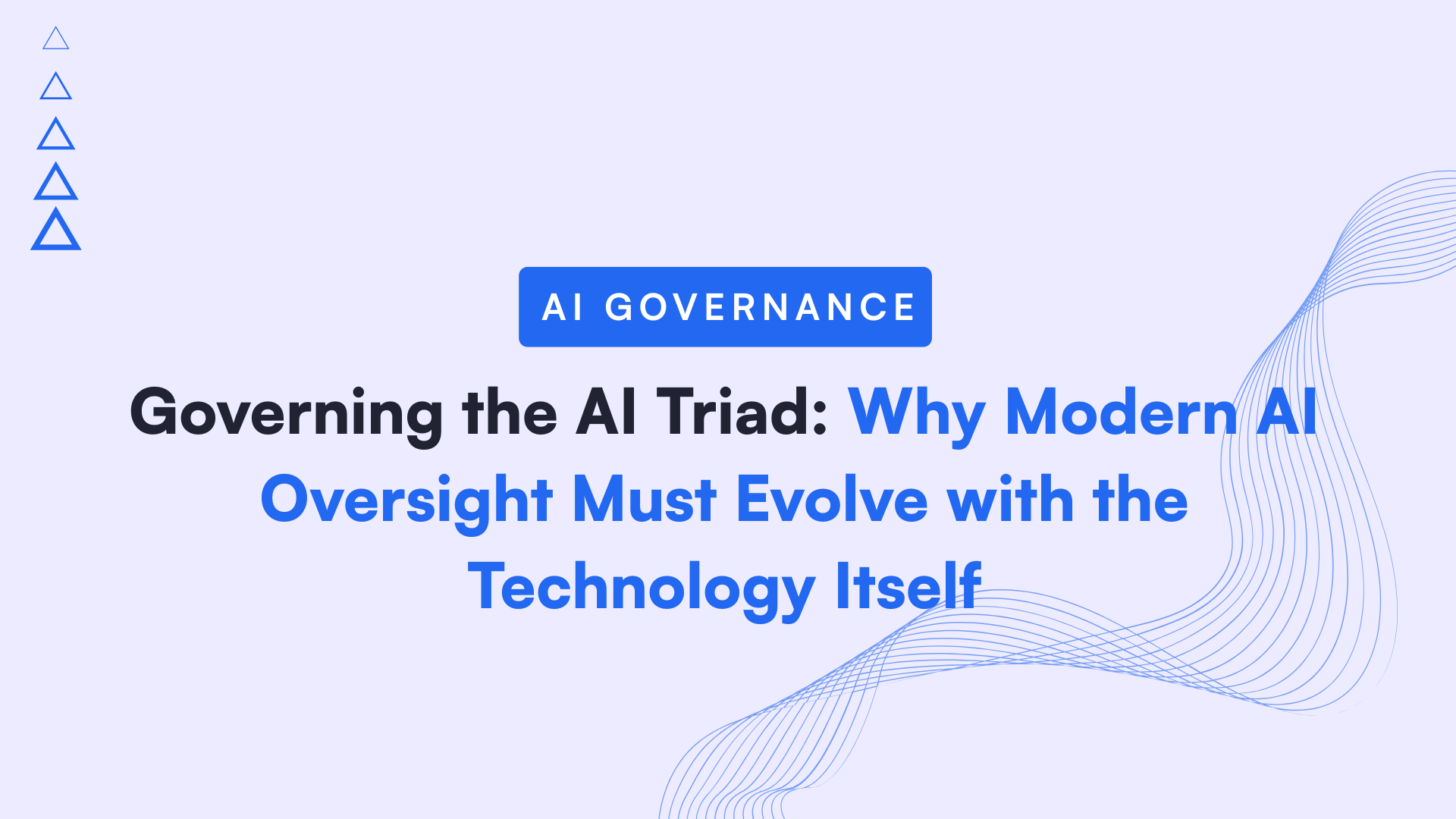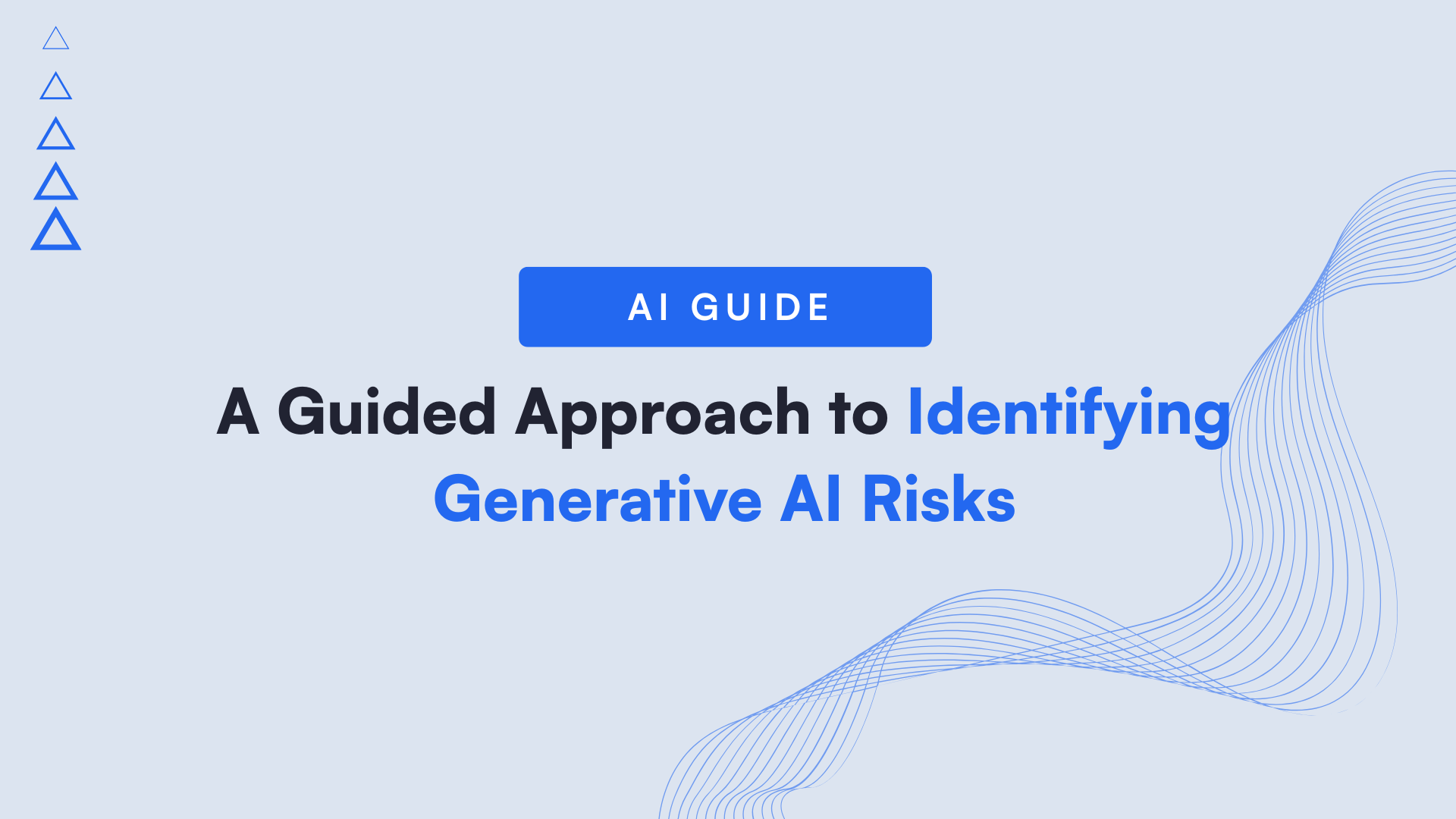Generative AI is rapidly democratising creation, allowing machines to conjure everything from compelling prose to stunning visuals. But this power comes with a significant, and often overlooked, cost: the erosion of personal privacy.
As these models become more sophisticated and data-hungry, the very notion of what constitutes "private" is being challenged, with potentially profound implications for individuals.
At the heart of the privacy concern lies the massive datasets required to train these generative behemoths. These datasets often contain vast amounts of personal information – images, text, audio, and video – scraped from the internet. While the intent is to teach the AI to create, the byproduct is a system deeply knowledgeable about individuals, their behaviours, and their digital footprints.
The implications are multifaceted. Consider the rise of deepfakes, powered by generative models. The ability to convincingly synthesise a person's likeness and voice opens a Pandora's Box of privacy violations. Imagine a world where fabricated videos can be used for malicious impersonation, reputation damage, or even to create non-consensual pornography. The technology is rapidly advancing, making detection increasingly difficult and leaving individuals vulnerable to sophisticated forms of digital manipulation.
Beyond deepfakes, Generative AI can also be used to create synthetic data that mimics real-world information. While this has legitimate applications in areas like medical research, the potential for misuse is palpable. If synthetic data is derived from sensitive personal information, even anonymisation techniques may not fully eliminate the risk of re-identification or the inference of private details.
Furthermore, the increasing personalisation driven by AI raises significant privacy red flags. Generative models can be fine-tuned on individual user data to create highly targeted content. While this can enhance user experience, it also means AI systems are accumulating increasingly granular insights into our preferences, behaviours, and even our vulnerabilities. The potential for this information to be exploited or used in ways we never anticipated is a growing concern.
The Urgent Need for Privacy-Centric AI Development
The breakneck pace of Generative AI development cannot come at the expense of fundamental privacy rights. A paradigm shift is needed, demanding:
- Transparency in Data Usage: Clear and understandable information about how personal data is used to train and operate generative AI models.
- Robust Anonymisation Techniques: Investing in and deploying privacy-preserving techniques that truly minimise the risk of re-identification in training data.
- User Control and Consent: Empowering individuals with greater control over their data and requiring explicit consent for its use in generative AI systems.
- Stronger Legal and Ethical Frameworks: Implementing regulations that specifically address the unique privacy challenges posed by Generative AI, including the creation and dissemination of deepfakes and the use of synthetic data.
The allure of Generative AI's creative potential cannot blind us to the serious privacy risks it presents. Without a concerted effort to prioritise privacy by design, we risk creating a future where our personal information becomes fodder for increasingly sophisticated synthetic realities, eroding trust and fundamentally altering our relationship with technology and each other. The time to act is now, before the synthetic you becomes indistinguishable from the real one.



.png)









.png)

.png)
